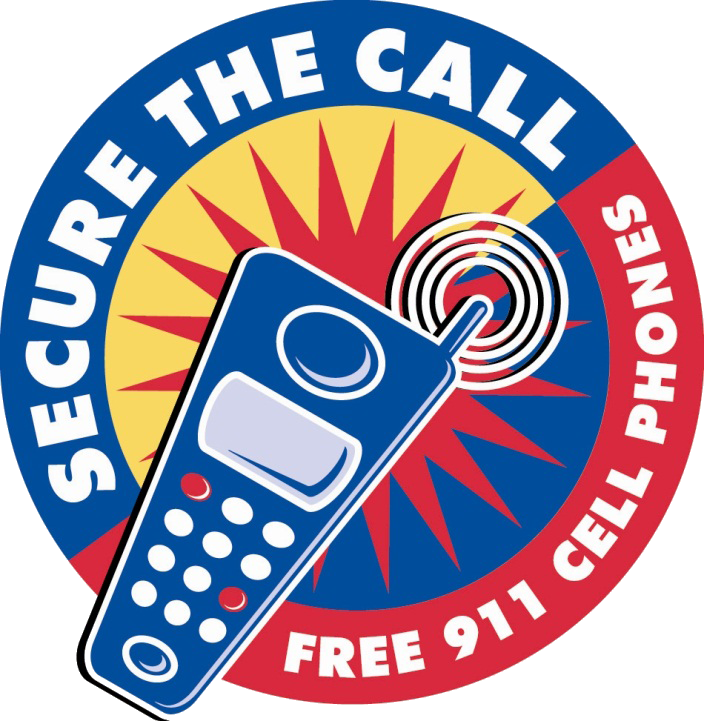and the winner is….
Peggy B, IL
Congratutions on winning the grand prize!
To everyone who entered, thank you from the bottom of our hearts! Our little operation’s success is completely dependent on the generosity of people like you.
Keep your eyes on this space for more exicting giveaways in the future!

